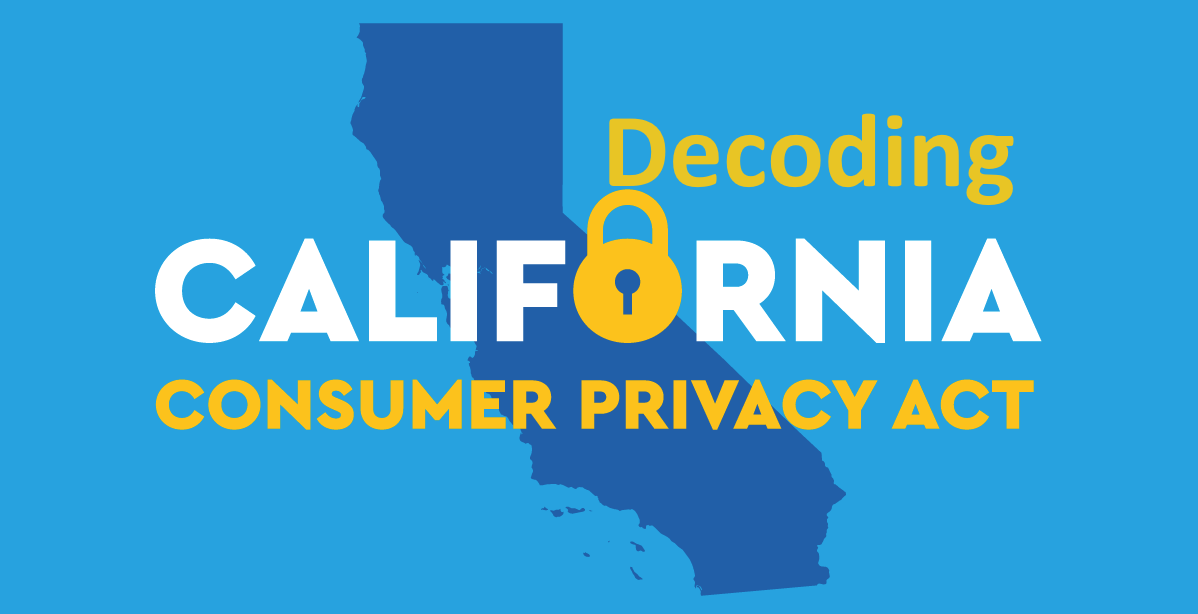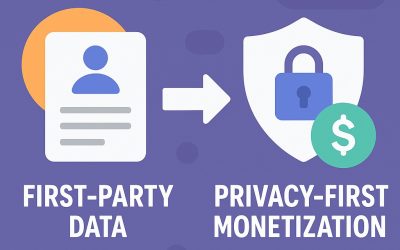In my last post, I talked about “GDPR Demystified”. Now, let’s discuss the California Consumer Privacy Act (CCPA). This post explains what CCPA is, why it’s important, and how it affects making money, especially with rewarded video ads.
[ez-toc]
Introduction
In the digital age, data is everywhere. Businesses and organizations worldwide focus on keeping data safe and managing it responsibly. The CCPA is a regulation that has gained attention for protecting data.
What is CCPA?
CCPA is a law from California, effective since January 1, 2020. It gives Californians more control over their personal information collected by businesses. They have the right to know, delete, and opt-out of the sale of their personal data.
Why CCPA?
Before CCPA, the US didn’t have strong data protection laws. This made it hard for people to know their rights and for businesses to follow the rules. Also, with more data breaches and cyber-attacks, stronger data protection was needed. CCPA addresses these issues by giving people more rights and making businesses follow stricter rules.
Implementing CCPA – California Consumer Privacy Act
CCPA applies to any business collecting data from Californians, regardless of its location, if it meets certain criteria. These businesses must follow key principles like transparency, purpose limitation, consumer rights, and non-discrimination.
Interesting Facts About CCPA
- First of its Kind: The CCPA is the first law of its kind in the United States that gives consumers the right to know what personal data is being collected about them and to whom it is sold or disclosed.
- Applies to Businesses Worldwide: It doesn’t just apply to businesses in California. Any business worldwide that collects data from California residents needs to comply with the CCPA.
- Hefty Fines: Non-compliance can lead to hefty fines. Businesses can be fined up to $7,500 for each intentional violation and $2,500 for each unintentional violation.
- Inspired Other States: The CCPA has inspired other states in the U.S. to enact similar privacy laws. For example, the Virginia Consumer Data Protection Act and the Colorado Privacy Act.
Impact of CCPA – California Consumer Privacy Act
CCPA affects both businesses and individuals. Businesses face higher costs for compliance but gain trust from consumers. Individuals have more control and a better understanding of their rights. Non-compliant businesses face fines.
What’s Unique About CCPA?
- Broad Definition of Personal Information: Unlike other data protection laws, CCPA has a very broad definition of personal information. It includes any information that identifies, relates to, describes, or could be linked, directly or indirectly, with a particular consumer or household.
- Consumer-Friendly: It is one of the most consumer-friendly privacy laws in the U.S. Consumers have the right to know about the personal information a business collects about them, the right to delete personal information held by businesses, and the right to opt-out of the sale of their personal information.
- Applies to Many Businesses: The CCPA applies not only to businesses located in California but to any business, anywhere in the world, that collects personal information from California residents and meets certain criteria.
- No Need for a Data Protection Officer: Unlike the GDPR (General Data Protection Regulation) in Europe, there is no requirement under the CCPA for businesses to appoint a Data Protection Officer (DPO).
Making Money and California Consumer Privacy Act
CCPA has changed how personal information is monetized. Businesses need consent or a legitimate reason to process data. This shift has made businesses change their models and explore new ways to make money, like subscription models or advertising with anonymous data. Rewarded video ad monetization is a popular method that emerged.
Rewarded video ads give rewards to users for watching ads. It offers a better experience because users choose to watch ads for rewards. This leads to higher engagement and more revenue.
CCPA has changed how businesses handle personal information. Despite challenges, it has increased trust, reduced risks, and forced businesses to find new ways to make money while respecting privacy. Rewarded video ad monetization is one solution that helps businesses make money, comply with CCPA, and improve the user experience.




